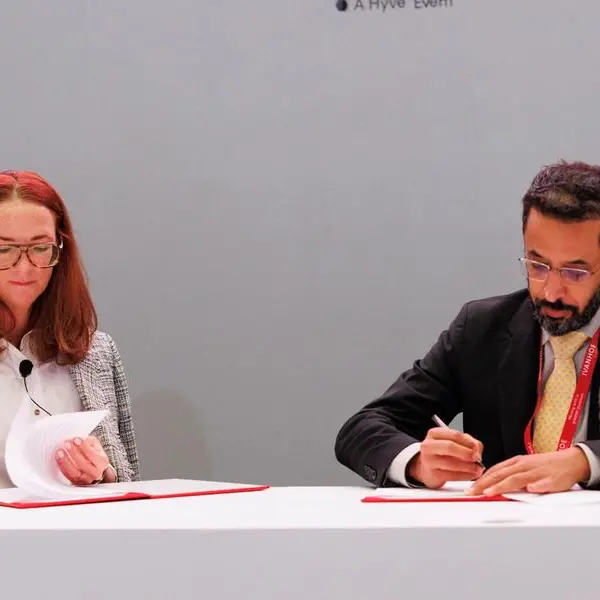Missirah is located in the north of Senegal, in the Tambacounda region, and derives most of its economic resources from agriculture based on cotton cultivation and vegetables. These various agricultural activities also use pesticides, the use of which produces empty packaging. The lack of a management mechanism for this packaging, which increases with each agricultural season, jeopardises the health of the population and the environment.
GCP/INT/147/GEF Project, funded by the Global Environment Facility (GEF) and coordinated by FAO, which has as one of its main activities the effective management of empty pesticide packaging, has targeted the locality of Missirah to not only manage existing packaging but also to put in place a mechanism for sustainable management of empty packaging.
A micro-project for the management of empty pesticide packaging was set up with the involvement of all agricultural stakeholders including producers and agricultural supervisors.
Before the implementation of this micro-project, some managers of input shops asked producers at the end of the season to bring back old empty packaging to be re-supplied with pesticides. This has reduced the rate of empty packaging that is usually thrown away in the immediate vicinity of cotton crops after use.
Overall, the majority of empty pesticide packaging in Missirah can be accounted for and traced because it is made from subsidised inputs and supplied by a well-structured company that has been established in the area for several decades. On this basis, cotton and vegetable producers were trained and made aware of the triple rinsing of empty packaging and they committed themselves to rinsing and collecting empty packaging during the 2021-2022 season and depositing it in the village shops identified for this purpose.
The stakeholders unanimously agreed that the current collection methodology for empty pesticide packaging should be renewed and that producers should apply the collection rules in a structured and organised manner under the supervision of supervisors.
There is hope for improved management of empty pesticide packaging in Missirah, according to the project's national expert in Senegal, Mbargou Lo, who coordinated all the awareness-raising and training activities for producers. He said: "We found that awareness-raising on the need for ecological management of empty packaging was successful in all the areas visited, as most producers collected the empty packaging from the phytosanitary treatments of the current campaign".
For the national expert of the project in Senegal, it is necessary to continue the awareness-raising sessions for producers so that they adopt these mechanisms for managing empty pesticide packaging and also to provide training for market gardeners who use a lot of pesticides.
Distributed by APO Group on behalf of FAO Regional Office for Africa.
© Press Release 2021
Disclaimer: The contents of this press release was provided from an external third party provider. This website is not responsible for, and does not control, such external content. This content is provided on an “as is” and “as available” basis and has not been edited in any way. Neither this website nor our affiliates guarantee the accuracy of or endorse the views or opinions expressed in this press release.
The press release is provided for informational purposes only. The content does not provide tax, legal or investment advice or opinion regarding the suitability, value or profitability of any particular security, portfolio or investment strategy. Neither this website nor our affiliates shall be liable for any errors or inaccuracies in the content, or for any actions taken by you in reliance thereon. You expressly agree that your use of the information within this article is at your sole risk.
To the fullest extent permitted by applicable law, this website, its parent company, its subsidiaries, its affiliates and the respective shareholders, directors, officers, employees, agents, advertisers, content providers and licensors will not be liable (jointly or severally) to you for any direct, indirect, consequential, special, incidental, punitive or exemplary damages, including without limitation, lost profits, lost savings and lost revenues, whether in negligence, tort, contract or any other theory of liability, even if the parties have been advised of the possibility or could have foreseen any such damages.



















